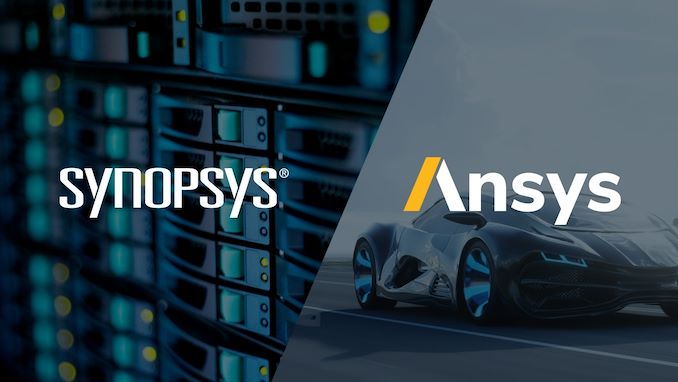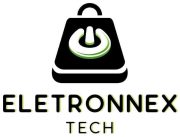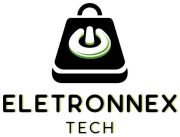
Synopsys on Tuesday announced that it had reached a definitive agreement to acquire Ansys in a deal valued at $35 billion. Synopsys specializes primarily on electronic design automation (EDA) tools and hardware intellectual property (IP) development, whereas Ansys develops electronics design analysis, and simulation tools, so the deal will create a chip design software powerhouse with expertise in different fields.
Chip development is getting harder these days as evolution of process technologies slows down whereas transistor count goes up. To achieve the best power, performance, and area (PPA) results, chip designers nowadays have to work closely with foundries to optimize their design and process technology, an approach called design-technology co-optimization (DTCO). Going forward, chip designer will have to build multi-chiplet solutions to better address demanding applications, go beyond DTCO and optimize their solutions on the system level, an approach known as system technology co-optimization (STCO).
This is where Ansys’ design analysis and simulation will get particularly useful for customers using Synopsys’ EDA tools. Once they are fully integrated with Synopsys software (particularly those which are enhanced with artificial intelligence), the company will be able to offer a top-to-bottom software package to design next-generation processors and systems. This will greatly strengthen its competitive positions against rivals like Cadence and Siemens EDA.
Meanwhile, Synopsys and Ansys have collaborated since 2017, so the tools by the two companies already provide a decent development flow.
“The megatrends of AI, silicon proliferation and software-defined systems are requiring more compute performance and efficiency in the face of growing, systemic complexity,” said Sassine Ghazi, President and CEO of Synopsys. “Bringing together Synopsys’ industry-leading EDA solutions with Ansys’ world-class simulation and analysis capabilities will enable us to deliver a holistic, powerful and seamlessly integrated silicon to systems approach to innovation to help maximize the capabilities of technology R&D teams across a broad range of industries. This is the logical next step for our successful, seven-year partnership with Ansys.
Under the terms of the agreement, Ansys shareholders will get $197.00 in cash and 0.3450 shares of Synopsys stock per Ansys share, valuing Ansys at about $35 billion based on Synopsys’ stock price as of December 21, 2023. This deal offers a per-share value of roughly $390.19, a 29% premium over Ansys’ closing price and 35% above its 60-day average price as of that date. Post-deal, Ansys shareholders will own about 16.5% of the merged company. Synopsys plans to fund the $19 billion cash part of the transaction with its cash reserves and $16 billion in committed debt financing.
Following the acquisition of Ansys, Synopsys is anticipated to see its total addressable market (TAM) expand by 1.5 times, reaching around $28 billion annually, and its annual revenue of around $8 billion. The merged entity is aiming for roughly $400 million in annual cost synergies within three years after closing and about $400 million in annual revenue synergies by the fourth year, with expectations to exceed $1 billion annually over a longer period.
“Joining forces with Ansys, a company we know well from our long-standing partnership, is the latest example of how Synopsys remains at the forefront,” said Aart de Geus, Executive Chair and Founder of Synopsys. “Our Board and management team carefully evaluated our top strategic options to lead and win in this fast-growing new wave of electronics and system design. The technology-broadening team-up with Ansys is an ideal, value-enhancing step for our company, our shareholders, and the innovative customers we serve.”








